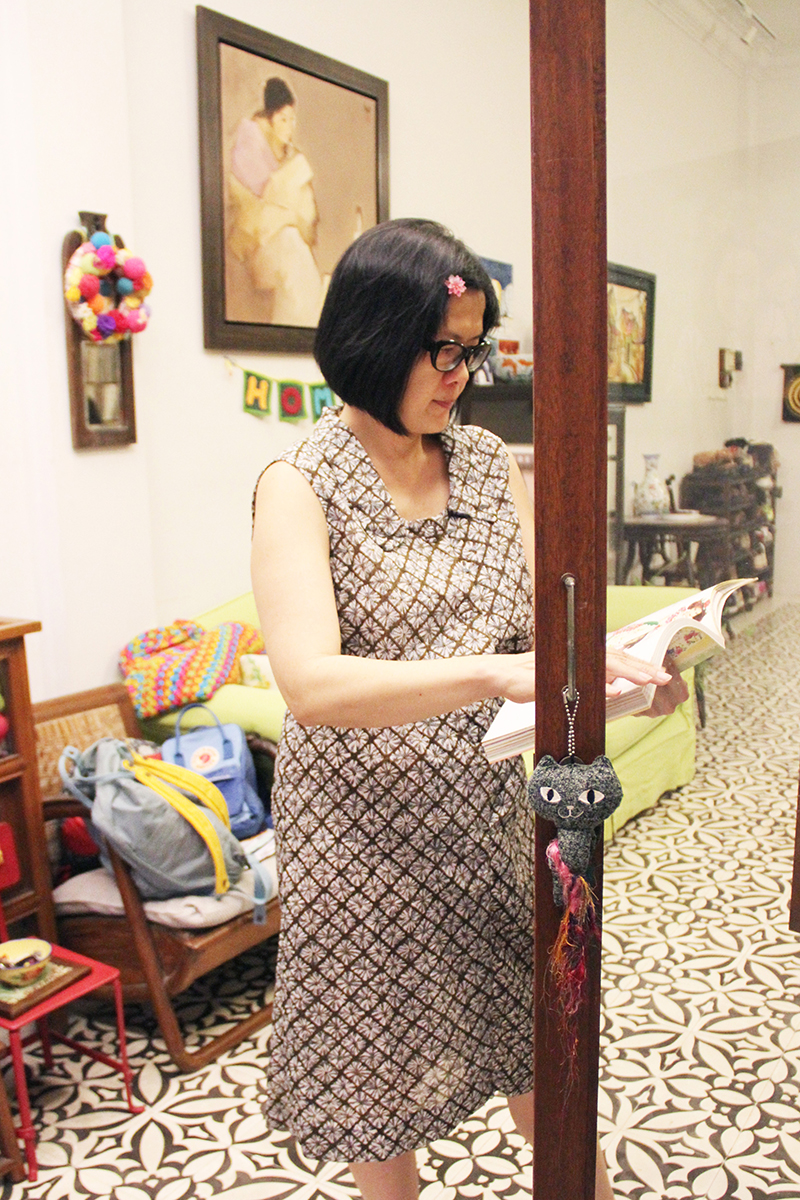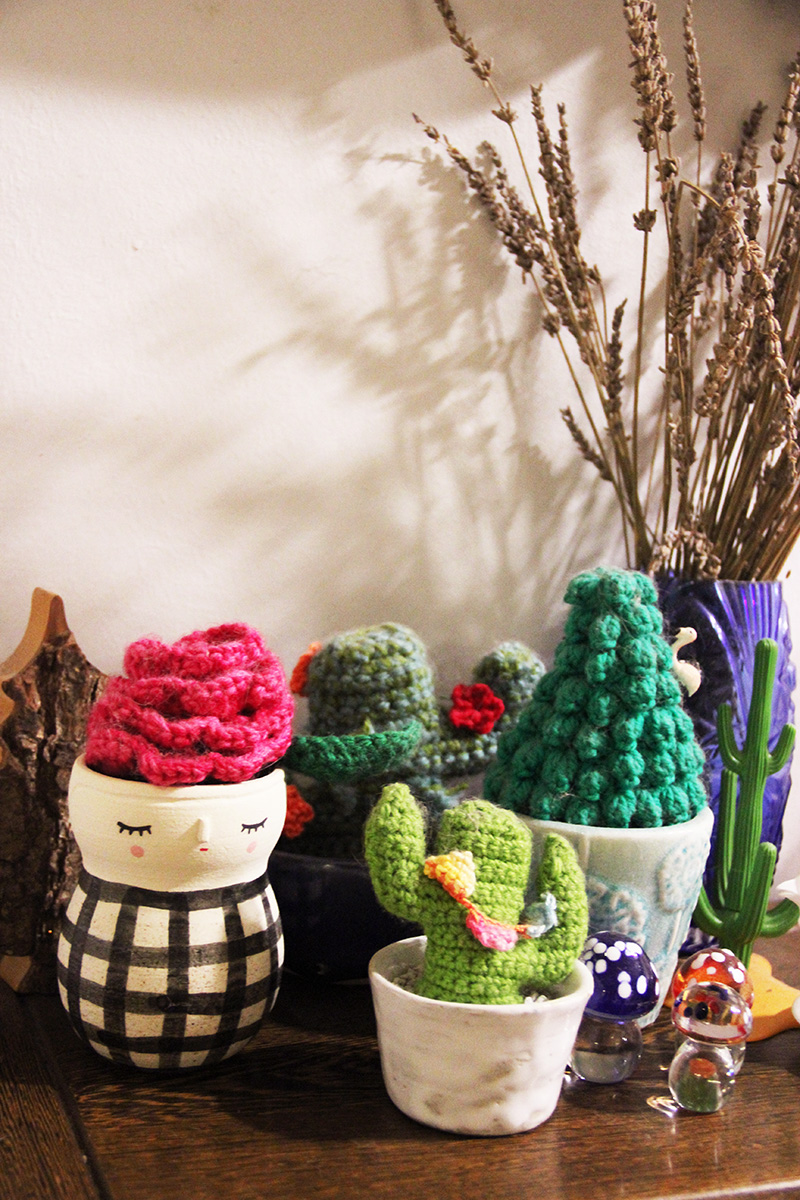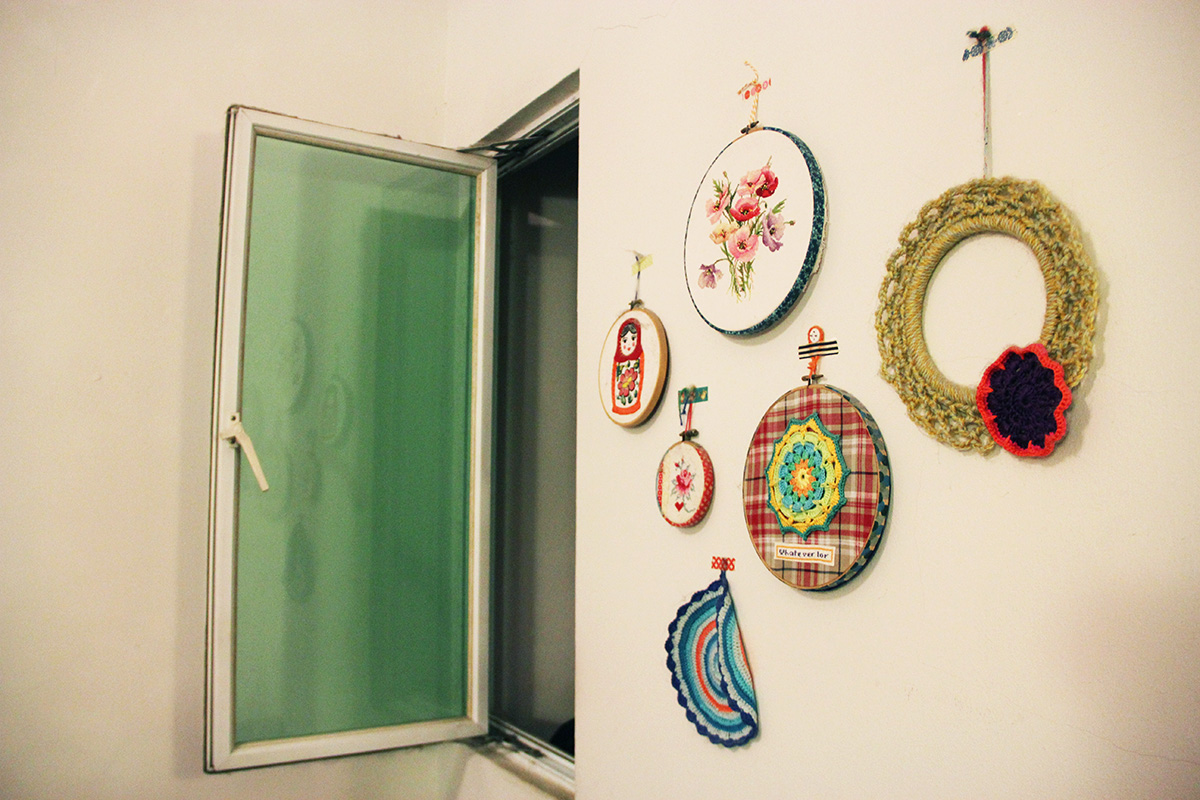A collection of conversations with a diverse range of local and regional creatives
Library Conversations for SGABF2020
We examined the systems that support art book making and independent art book publishing in Singapore and the region.
A Closer Look for SGABF2019
We gathered perspectives on our zine and art book culture, and discuss the possibilities of self-publishing today.
21 Creatives for SGABF2018
We sat down with 21 creatives of various disciplines to learn about their practice and asked each of them to fill up a blank page in a notebook.
KAREN TAN

Photo Credit: SGABF
SGABF: You have been in theatre for a long time now, and have worked with many theatre companies. In your opinion, do you think the theatre scene has evolved over the years? In what ways would you like to see it change or grow?
Karen Tan (KT): I get asked this question a lot and this word ‘evolved’. The thing about me is that it always depends on how we use certain words and certain definitions of the word ‘evolved’. So I mean if you talk about ‘evolved’, it always seems to go from small to big. But ‘evolved’ is not a different word for ‘growing’. If you ask me whether it’s grown, I would say yes. If you ask me if it’s evolved, then I just wonder what it means when you say evolved?
I suppose in some ways, theatre has evolved in terms of language, and style. But from what it was when I first started out in the 80s, it hasn’t changed or evolved that much either. It’s still very mainly English speaking, it still seems to be a novelty to have certain types of work put up. There is a theatre company that’s very popular now, that has been lauded for promoting local work. I’ve been doing local work with companies that have been around for 30 years. The work that these companies have been doing 30 years ago is still pretty much the same. But it suddenly seems to become a novelty because somebody else has jumped on the bandwagon and I find that incredibly unfair, very closed-minded, and very ignorant.

Photo Credit: SGABF
So if you ask me if theatre has evolved, I would say it has grown and it has opened up, but the audience has not. Instead, it’s gone into the rivers. They have grown ironically; the more Singaporeans open up, the more their minds are closed. I don’t think it’s limited to just theatre. It’s our mindset as a society because all you need is one mother to write in to say, “I was watching this play with my 14-year-old son and you all had a scene between these two men and it made my son very uncomfortable.” It only takes one mother, not a group of parents.
There is a lot more freedom now to say a lot of things. In 1993, I acted in the first RA play in Singapore. It was Tan Tarn How's The Lady of Soul and Her Ultimate ‘S’ Machine. It was such a big deal at the time. Tarn How thought that Singapore needed more expression, more emotions, more soul. It’s not to say that sex equals soul but to be able to feel such raw emotion and passion is something that Singaporeans have never experienced. But boy, it’ll take a long time for people to understand that. That’s the irony of it: the more open-minded we are, the more conservative we become. So how did that happen, and why? Why are we embracing more openness in our food and we experiment with flavour and tastes from all over the world yet our mindset of the world is so covered up still?
Theatre is really one of the oldest art forms. I mean just sitting here talking to you is the art of theatricality, isn’t it? Us sitting on this couch, you looking at me and I at you. You writing down, recording this, getting someone to transcribe this. All of this is also a form of theatre, it’s just how you define it.
SGABF: You have reached a point that most theatre practitioners who are starting out aim to achieve, with roles of pivotal characters in perennial plays like Stella Kon's Emily of Emerald Hill and Faith Ng's A Good Death.How do you continue to push creative boundaries to attain the next level?KT: I try not to do things that I’ve done before, and I try to find different ways of looking at people. What I always find very important is making something of my character that other people may not have seen before.
I think a lot of times I do face frustrations when I’m going through a text. If we cannot play a scene at least three different ways, then we’re not working hard enough. There is always more than one way of churning out a scene, and it’s only through rehearsals that we go over and over again before deciding on a version. But you have to go through the five, six different versions before you decide on the one. Sometimes you have to play various aspects of a character that you don't usually see because life is like that - you never really see the entire picture. You only see a person at a particular time in life.

Photo Credit: SGABF
SGABF: Apart from your busy schedule in theatre, books and stitching also form part of your daily routine. Do these activities play a part in your theatrical practice?
KT: I don't think I'll be a very good actress if I did not read. Reading helped me to understand the different types of humour, or different ways of telling jokes. My dad used to read P. G. Wodehouse, and there was certain kind of British humour, or a particular character that talked a certain way. From there you try to take what you've read and figure out how to make it recognisable and understandable to people.
I read Vanity Fair by William Thackeray, and it’s got this longing for heartache and love, and that no matter how good you are, life is such that it always stomps you down. Good people struggle to survive but the bad ones seem to be thriving. That book is from the 19th century and it’s still true today. If I didn’t read Dickens, my mental world would have been much smaller. And if my mental world is small, how can I claim to be able to represent the world to people who come to watch the theatre?
KT: For me, the ideal climate is the understanding that you can be a painter the same way you can be a nurse, a writer the same way you can be a teacher. But nobody equates that in Singapore. We don't even have a ministry for the arts anymore. We are with youth and sports, right? How is that connected? How is painting connected to throwing a discus? And the whole fiasco with MDA where every theatre company has to practise their own censorship. It's not like they had a meeting to say, "I hope you all take it upon yourselves to be respectful of society," or something along those lines.
The arts is still the top of the economic pyramid. If the government has no money, they cut the arts first. It's important that we start seeing viable life choices involving the arts, and realise it's not just for "special people". Ask any of the creatives you interviewed, "If you had no money at all, would you still be doing what you do?" They'll say yes because nothing is going to stop them. It's not even about passion. A word that Ong Keng Sen always uses is 'longing'. It's different from desire, different from pining, different from waiting. It's just, longing. Not everyone will understand that but all artists have that. Young people these days have their 'passion', but it's longing that will see you through.
Karen is an actor who has worked with practically every theatre company in Singapore. She is also obsessed with yarn, fabric, homeware, and pretty much anything that collects dust. She, however, cannot whistle.
SGABF: What are your opinions on the climate of the arts and culture in Singapore? As a mother of two, is there an ideal environment that you would like to culminate for your children, or — in the broader sense — for the future generation?
KT: For me, the ideal climate is the understanding that you can be a painter the same way you can be a nurse, a writer the same way you can be a teacher. But nobody equates that in Singapore. We don't even have a ministry for the arts anymore. We are with youth and sports, right? How is that connected? How is painting connected to throwing a discus? And the whole fiasco with MDA where every theatre company has to practise their own censorship. It's not like they had a meeting to say, "I hope you all take it upon yourselves to be respectful of society," or something along those lines.
The arts is still the top of the economic pyramid. If the government has no money, they cut the arts first. It's important that we start seeing viable life choices involving the arts, and realise it's not just for "special people". Ask any of the creatives you interviewed, "If you had no money at all, would you still be doing what you do?" They'll say yes because nothing is going to stop them. It's not even about passion. A word that Ong Keng Sen always uses is 'longing'. It's different from desire, different from pining, different from waiting. It's just, longing. Not everyone will understand that but all artists have that. Young people these days have their 'passion', but it's longing that will see you through.
Karen is an actor who has worked with practically every theatre company in Singapore. She is also obsessed with yarn, fabric, homeware, and pretty much anything that collects dust. She, however, cannot whistle.
© Singapore Art Book Fair 2025. All rights reserved.
For further enquiries, please contact us at info@singaporeartbookfair.org.
Singapore Art Book Fair is organised by

For further enquiries, please contact us at info@singaporeartbookfair.org.
Singapore Art Book Fair is organised by
